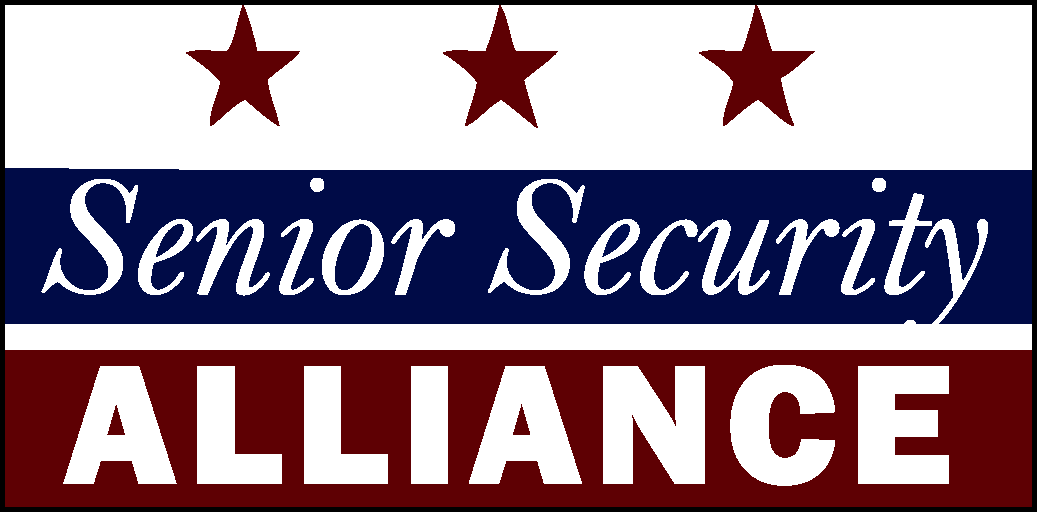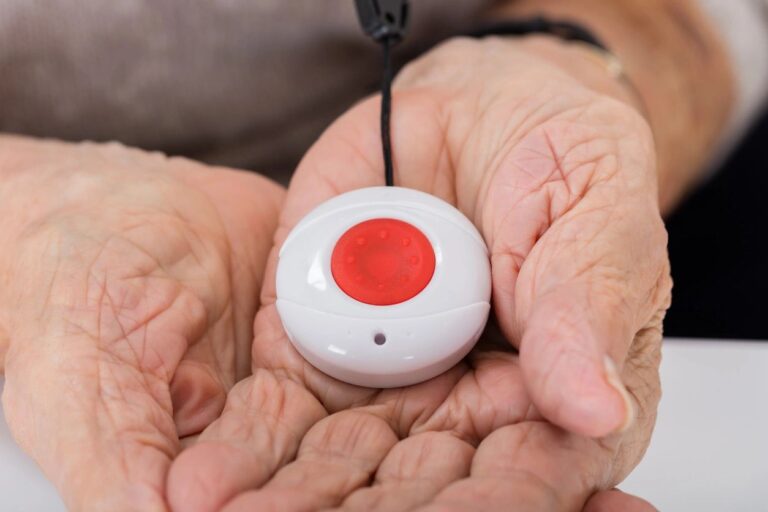Today, I received an incredibly believable e-mail from my credit card company. The links were all spelled correctly and seemed to go back to the company, the fonts and colors were accurate, there were no hyped up or unprofessional language and I almost fell for it. They didn’t even demand that I reach out to them, rather they indicated that they were alerting me to the fact that I had less than $500 available credit on my account. I almost fell for it. However, I have a long-standing rule that I NEVER respond to e-mail, no matter what. So, I called the company and sure enough they did not send it out. In all of my life, I have never seen a more believable fake e-mail.
I have rather chosen to ignore the recent Equifax breach until today. As I realized that this is no longer a function of staying safe because I don’t respond to e-mails, or not providing my credit card information to third parties or even limiting the number of accounts I have. If you have ever bought a home, a car, had a credit card, student loan then you have an account with the credit bureaus. This means all of us are at risk. And because they have gotten social security numbers in addition to other data, this breach could continue to affect us years from now.
While I always advocate staying on top of your accounts and getting an annual copy of your credit score, that clearly does not stop anyone from taking this data and opening up accounts in your name. If you have ever been the victim of identity theft, you will know just how difficult this can be to clear up. According to Chi Chi Wu, a lawyer with the National Consumer Law Center, “if there is ever a breach and you are concerned with identity theft, credit monitoring is not the most effective measure. A credit freeze is.” A credit freeze is a process where the credit bureaus do not allow anyone to access your credit without your express permission. Now, this process can be cumbersome as you need a pin to lift the freeze and every time you want to open a new account you need to provide all three bureaus with the particular pin and time the new creditor may have access to it. However, it is the safest way to prevent any new accounts from being opened under your name.
Fortunately, Equifax will waive all security freeze costs for the next month. To freeze your Equifax credit report, go to Equifax freeze. Here are the links to freeze your credit with Experion and TransUnion. Experion and TransUnion will charge a nominal fee, but it is worth it in the long run.


